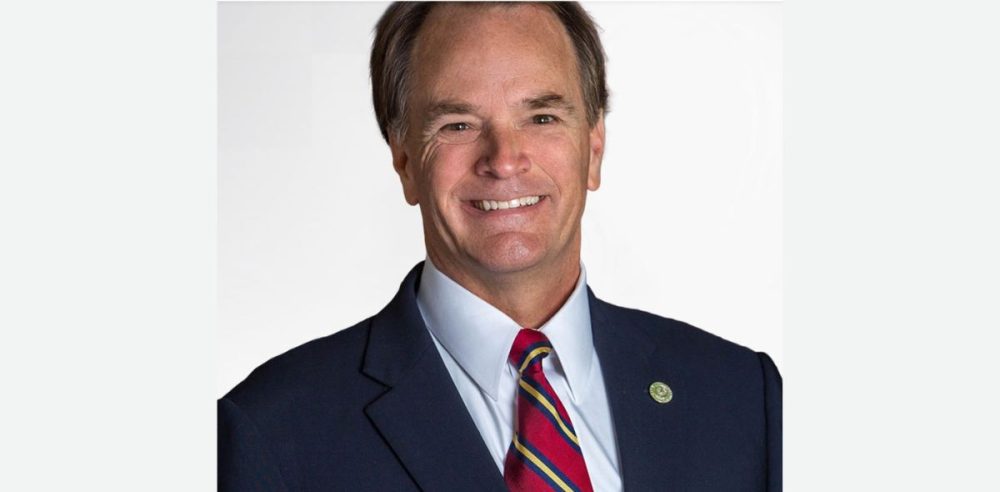(TEXAS SCORECARD) – A proposed measure by Republican State Rep. Steve Toth of The Woodlands would require school districts to enforce “single-sex” bathroom spaces and changing facilities.
Under House Bill 1014, multi-occupancy bathrooms would be designated for use based on biological sex.
Changing facilities, such as locker rooms and shower rooms, also apply under the proposal, regardless of whether curtains or walls separate each stall.
School districts like Keller ISD in Tarrant County have already instituted similar policies to prevent gender-confused students from using the bathroom of the opposite sex.
“This bill is a great step toward protecting children in public and charter schools from having to non-consensually share private spaces with students of the opposite sex, potentially forcing them to endure indecent exposure or withdraw from their normal daily activities out of fear,” Independent Women’s Forum chapter leader Michelle Evans told Texas Scorecard.
Texas must put an end to the gender madness, which disproportionately victimizes women and girls, by protecting single-sex spaces across the board.
The measure provides exceptions for anyone needing to enter the spaces for a custodial purpose as well as for individuals assisting a student using a facility, including district employees, and parents or guardians.
If a school district does not enforce the law, it would be liable for the personal injury of a student or faculty member. A district that fails to comply would also be liable for a civil penalty of $100,000 for each violation.
Another proposal, House Bill 239, by State Rep. Valoree Swanson (R-Spring), solidifies “single-sex” private spaces on a wider scale. The term private space applies to restrooms, locker rooms, changing rooms, shower rooms, family violence shelters, correctional facilities, and sleeping quarters.
The proposal also applies to any state agency, including government buildings, state-run hospitals, public schools, and institutions of higher education.
Upon the first violation, the state agency would be liable for a civil penalty of $5,000 and $25,000 for the second. A citizen could file a complaint against a state agency with the attorney general’s office.
The legislative session begins on January 14.


